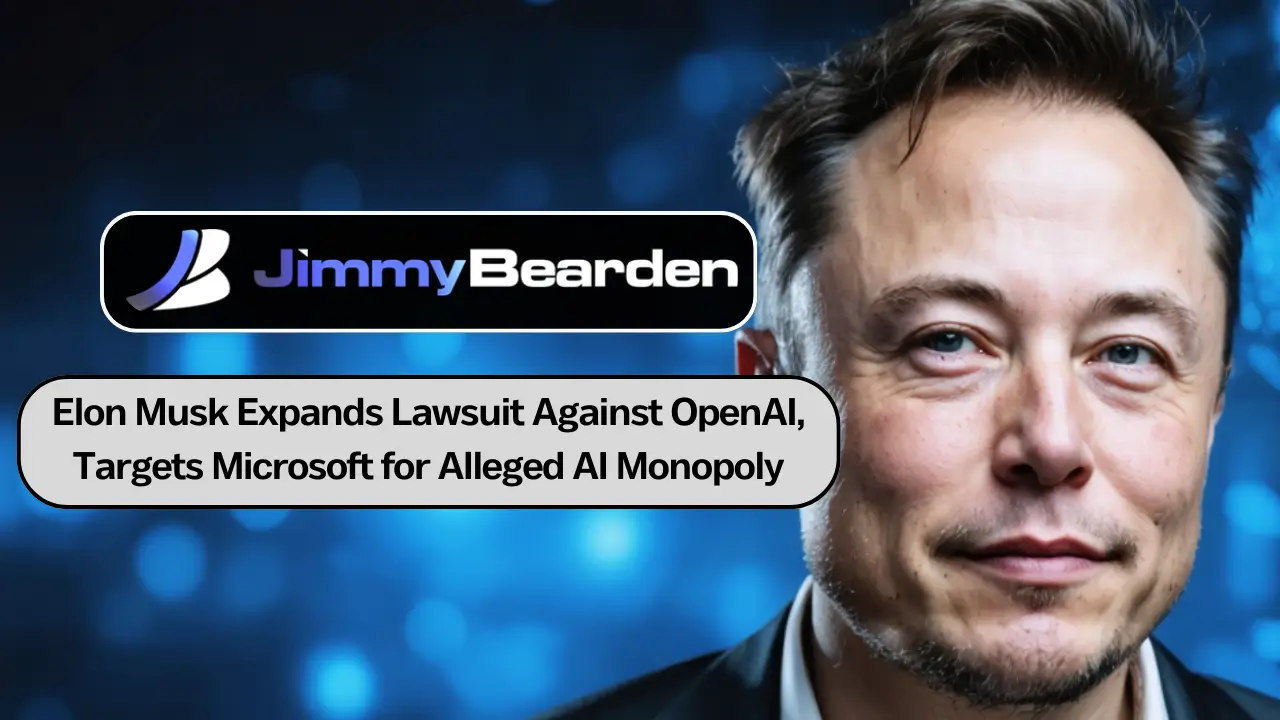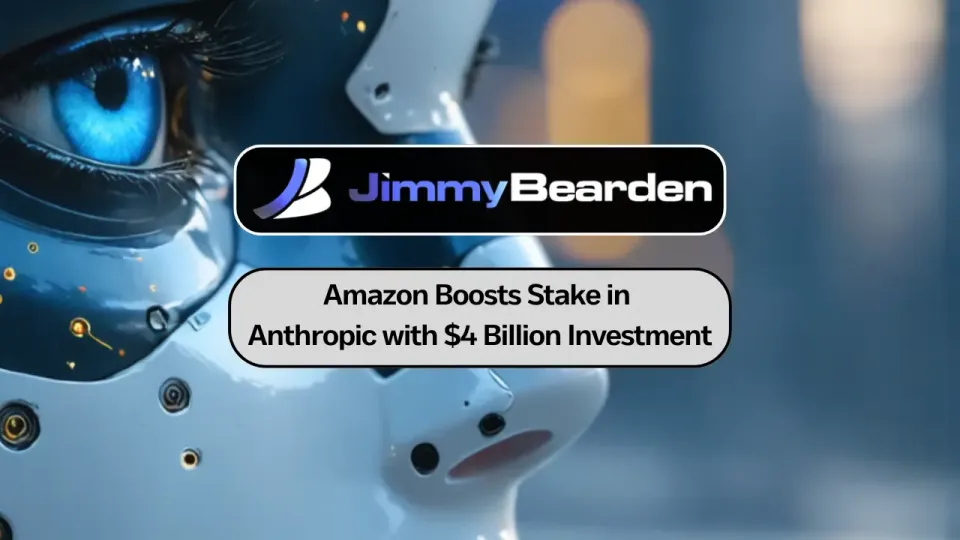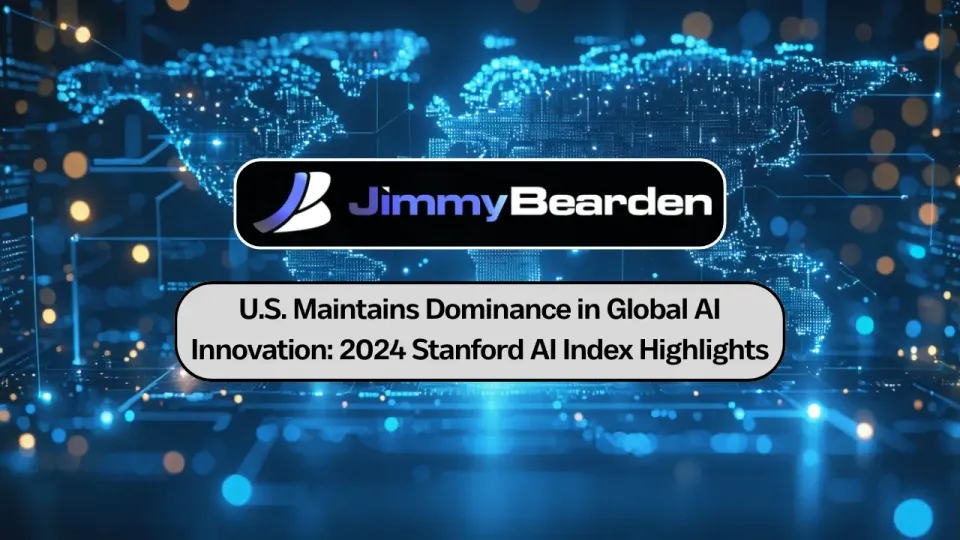Elon Musk Expands Lawsuit Against OpenAI, Targets Microsoft for Alleged AI Monopoly

Elon Musk Escalates Legal Battle Against OpenAI, Includes Microsoft in Expanded Lawsuit
In a significant development in the world of artificial intelligence and technology, Elon Musk has broadened his legal offensive against OpenAI by filing an amended complaint in a California federal court. This expanded lawsuit now includes tech giant Microsoft as a defendant, marking a new chapter in the ongoing dispute over the future of AI development and competition.
The updated legal action alleges that OpenAI and Microsoft are engaging in anticompetitive practices that aim to monopolize the burgeoning generative AI market. Musk's complaint centers on the exclusive licensing agreements between the two companies, which he claims effectively bar other competitors from entering the market and stifle innovation in the field.
Antitrust Concerns and Regulatory Oversight
At the heart of Musk's argument lies the assertion that the partnership between OpenAI and Microsoft amounts to a de facto merger without proper regulatory scrutiny. This, according to the lawsuit, violates antitrust laws and undermines fair competition in the AI industry. The tech entrepreneur contends that these practices have allowed the two companies to dominate the market unchecked, potentially harming consumers and impeding technological progress.
The lawsuit sheds light on Microsoft's substantial investments in OpenAI, totaling nearly $14 billion since September 2019. This financial backing, coupled with Microsoft's 49% stake in OpenAI's capped-profit subsidiary, OpenAI Global LLC, has raised questions about the nature of their relationship and its impact on the AI landscape.
Historical Context and Current Partnership
Interestingly, the complaint provides historical context, revealing Musk's initial reservations about an early cloud computing deal between OpenAI and Microsoft in 2016. Despite these concerns, a revised proposal was eventually accepted, laying the groundwork for what has become a highly lucrative partnership for both entities.
The collaboration has indeed proven fruitful, with OpenAI's cutting-edge technologies enhancing Microsoft's AI offerings, while Microsoft's cloud computing resources have been instrumental in training OpenAI's sophisticated AI models, including the widely-known ChatGPT. This synergy has not only bolstered Microsoft's AI revenue, which is projected to exceed $10 billion annually, but has also solidified OpenAI's position as a leader in generative AI technology.
As the legal battle unfolds, Musk is seeking to void the licensing agreements between OpenAI and Microsoft and force the companies to relinquish profits that he alleges were obtained through illegal means. This lawsuit represents a significant challenge to the current power dynamics in the AI industry and could have far-reaching implications for the future of AI development and competition in the tech sector.
"Joining this community has been a game-changer for staying updated on the latest trends & events!" - John B.





